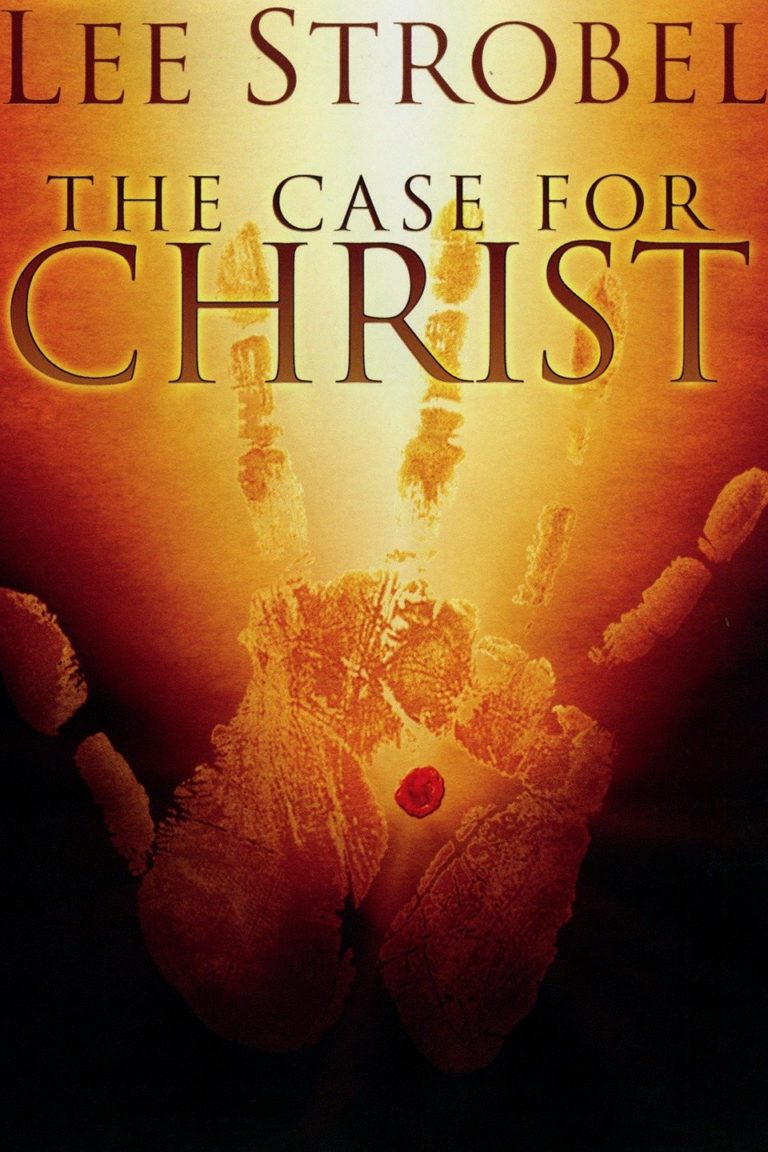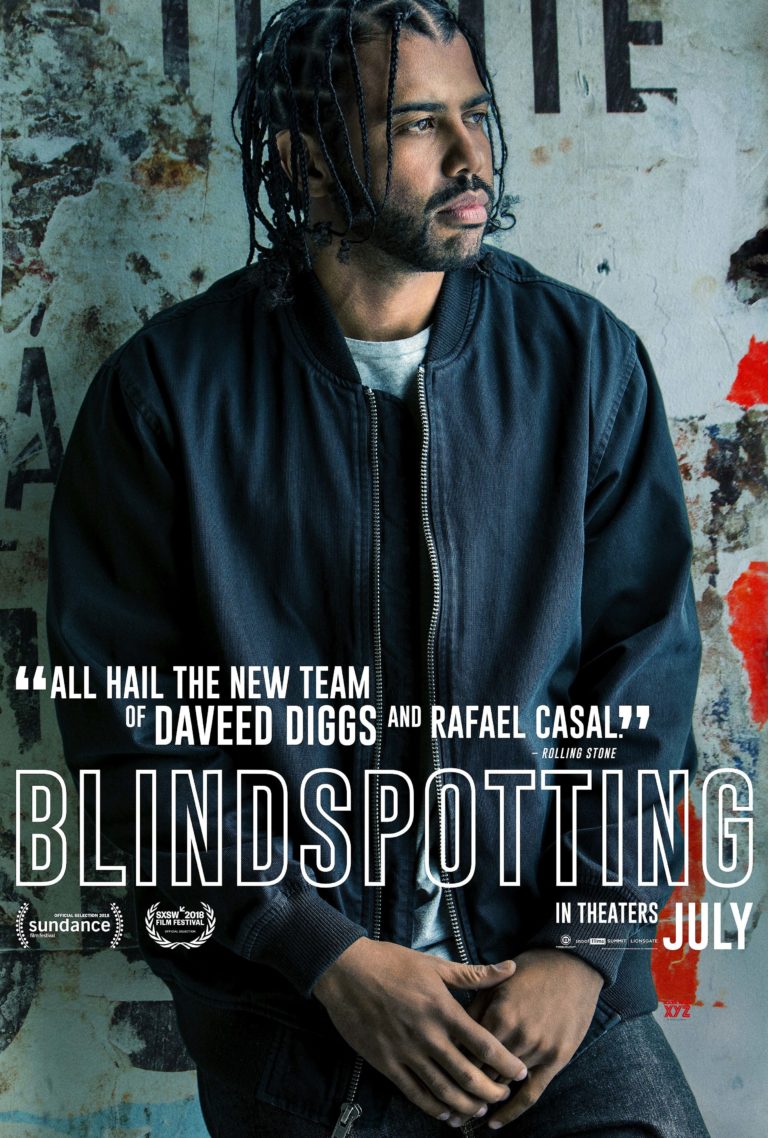“People Can See The Same Thing Differently”

| None | Light | Moderate | Heavy | |
|---|---|---|---|---|
| Language | ||||
| Violence | ||||
| Sex | ||||
| Nudity |
What You Need To Know:
BLINDSPOTTING brilliantly juxtaposes two best friends who are different races, have different temperaments, fears and struggles, and yet are connected through the bond of friendship, for better or worse. The movie positively expects the characters to act responsibility and make better choices, but it has an undercurrent of political correctness. Despite this, the movie makes a call for empathy that many will admire. Sadly, BLINDSPOTTING has some violent outbursts and many “f” words. So, most viewers will find BLINDSPOTTING to be excessive, while extreme caution is advised for others.
Content:
Strong moral worldview expecting people to be responsible citizens that make better choices, with a theme that “bad company corrupts good character,” plus some light positive nods to black communist leaders, and a politically correct, left-leaning undercurrent;
At least 160 obscenities (including more than 100 “f” words), four profanities and an obscene gesture;
Two brutal fights include men excessively beating up a man who’s also on fire until he’s bloodied and battered, another fight ends with a man slamming the other guy’s head into a car, a police officer shoots a man who’s running away, a child plays with a gun, and a man threatens a police officer but doesn’t shoot;
Man places his hands on his girlfriend’s rear end, a crude reference to a woman’s body part, and a couple kisses;
Upper male nudity;
Alcohol use and one example of drunkenness;
Smoking of cigarettes and marijuana; and,
Some racism and bad parenting.
More Detail:
Colin (Daveed Digs) is out of prison and is nearly finished serving his probation, which has him living in a half-way house, restricted to the city, and with an 11 pm curfew every night. Colin works for a moving company with his childhood best friend Miles, an intense white man who wears the title of thug on his sleeve (and his face). Colin only has a few days left on his probation, so he can’t mess anything up or be involved in anything stupid. This is something Miles doesn’t honor, especially when he idiotically buys a gun for no reason from a ghetto Uber driver.
The city of Oakland is its own character as it struggles through gentrification. This angers Miles so much that his girlfriend and son buy him a T-shirt saying, “Kill a hipster, save the hood” as a joke. Miles’ explosive anger is contrasted with Colin’s paralyzing fear of being sent back to prison. This fear that Colin has becomes something even greater one night, however. When Colin is driving back to the half-way house before curfew and is running late, a young black man runs in front of his truck with a police officer pursuing him. The officer yells at the man to stop, and the officer pulls out his gun and shoots the man four times right in front of Colin. Colin is understandably shaken by witnessing this event, but what starts off as fear breeds increased anger at the fact he has to live in fear of the police at all. The tension rises as both Colin and Miles have to address the bad choices they’ve made in a city they’re starting to lose.
BLINDSPOTTING brilliantly juxtaposes two best friends who are different races, have different temperaments, fears and struggles, and yet are inexplicably connected through the bond of friendship, for better or worse. The two leads grew up together in Oakland and co-wrote the script, which is a love letter to the city they used to know, but is now changing. The movie seamlessly transitions between comedic banter to nail biting suspense, and has a poetic bravado aided by lyrical rap monologues delivered by Daveed Digs, who’s most famous for his talented performance in the Broadway musical HAMILTON.
BLINDSPOTTING doesn’t ask questions as much as it plainly states that two humans can look at the exact same picture and see completely different things. One picture that stands out the most to MOVIEGUIDE® is that of choice. Miles continually makes bad choices. For example, when Miles buys the gun on a whim and is at home with his girlfriend and young boy, everyone is terrified when they turn around and see the young child playing with the gun, literally looking down the barrel. Miles’s stupid choice could have resulted in his son’s death. Similarly, the only reason Colin went to jail in the first place was because he got into a fight with an intoxicated white man at a bar. As Miles’s girlfriend puts it so plainly, all of life is a fight for them, from keeping a job to raising a family, but that what these two men are doing is picking the wrong fight. This all culminates to a point where Colin must make the most important choice he could make.
The second picture the movie paints is that of fear, specifically a fear of law enforcement. While there’s a major debate in America as to what’s excessive force from police officers and what isn’t, the example portrayed in BLINDSPOTTING is clearly a tragic shooting of an unarmed black man. Whether it was racially charged or simply an accident on the part of the officer is left up to the viewer. Regardless of how you view the shootings that have sparked the media uproar and the uprising of the Black Lives Matter and Blue Lives Matter movements, there are undeniable cases of individuals being unlawfully shot and killed by law enforcement, including white people. The movie reveals that men like Colin live in fear of being among those people shot and killed, and asks the viewer to at least empathize with their fear.
Whether the issue is systemic and racially charged isn’t really addressed in the movie, however. Left leaning viewers will say yes and blame the struggle of Colin, and the struggle of all black men in America, on the history of slavery and racism in America. Conservatives will see the same story and blame the choices that these people made, whether it be Colin’s choice to beat up that man at bar or his choice to continue to hang around Miles, who’s clearly a ticking time bomb. If Colin merely made better choices, he wouldn’t have to live in fear, or at least as much fear as he lives in during the movie.
This is the meaning behind the movie’s title, BLINDSPOTTING. Thus, the filmmakers are saying that people look at the same picture but with their own blindspots: blindspots that they themselves don’t recognize. This message makes BLINDSPOTTING the most unique and self-reflective independent movie that’s addressed these issues in recent years, by far.
Liberal viewers shouldn’t watch this movie and immediately compare it to every single police shooting, assuming they’re all the same and every officer is guilty of murder. On the same hand, conservatives who readily defend law enforcement should also see the movie and have empathy for the characters, and ask themselves honestly if the police don’t overstep their bounds sometimes.
In summary, BLINDSPOTTING expects its characters to take responsibility for their bad actions and do better. One also could say that BLINDSPOTTING asks the same thing of all people, including law enforcement. This is a moral message. Also, in the movie, there’s an undercurrent of the Bible passage, “Bad company corrupts good character.” Surrounding these generally positive messages are some obvious politically correct platitudes, including subtle nods to black communist leaders and an overly one-sided view of gentrification.
Sadly, BLINDSPOTTING has a few outbursts of violence and many “f” words. As a result, BLINDSPOTTING will be excessive for most viewers, and extreme caution is advised for others.


 - Content:
- Content: 
